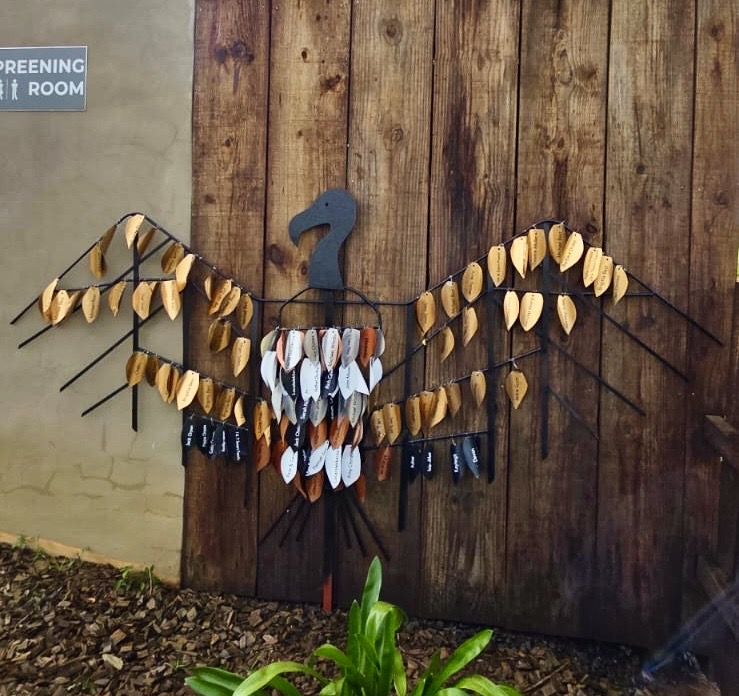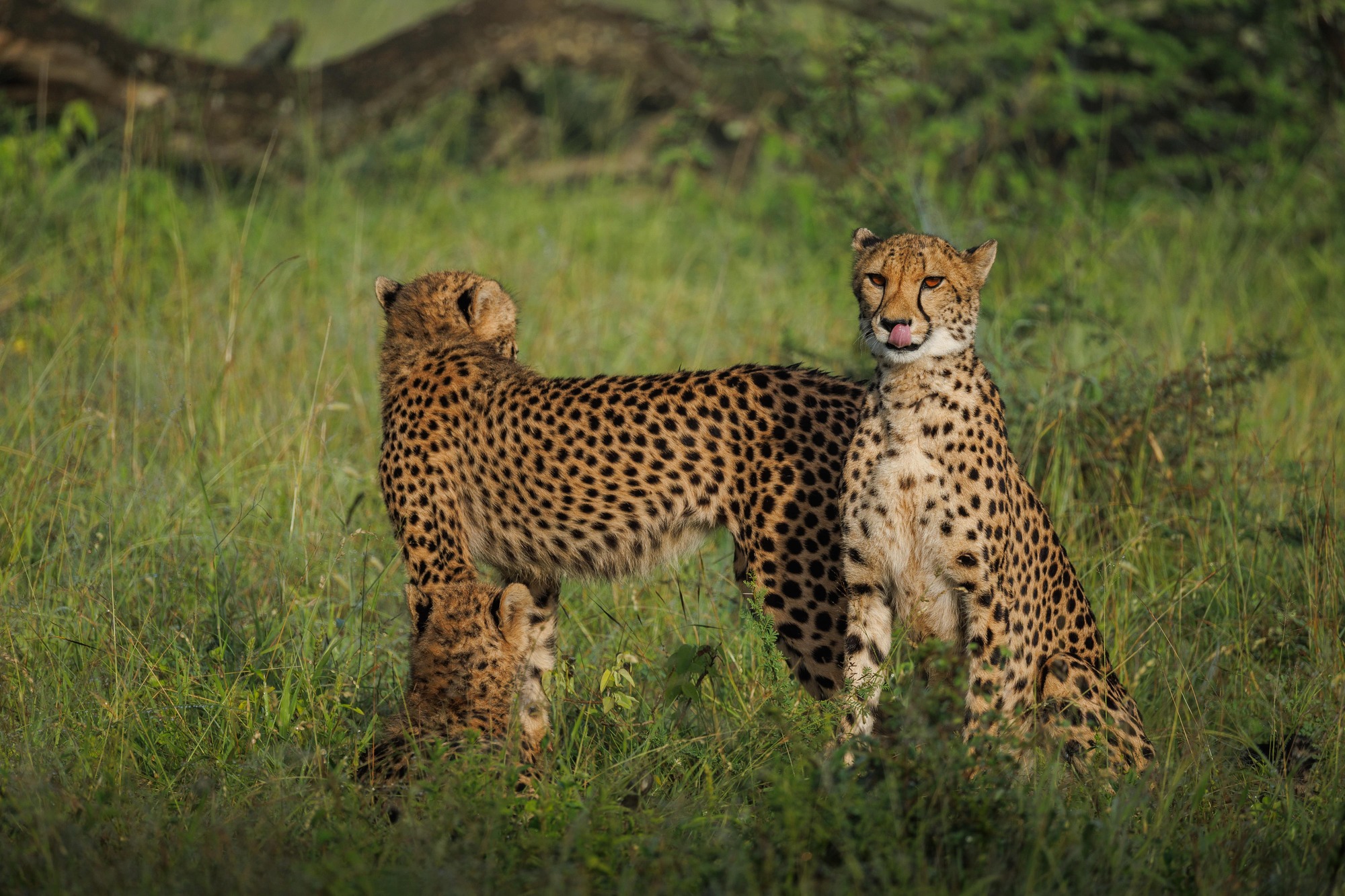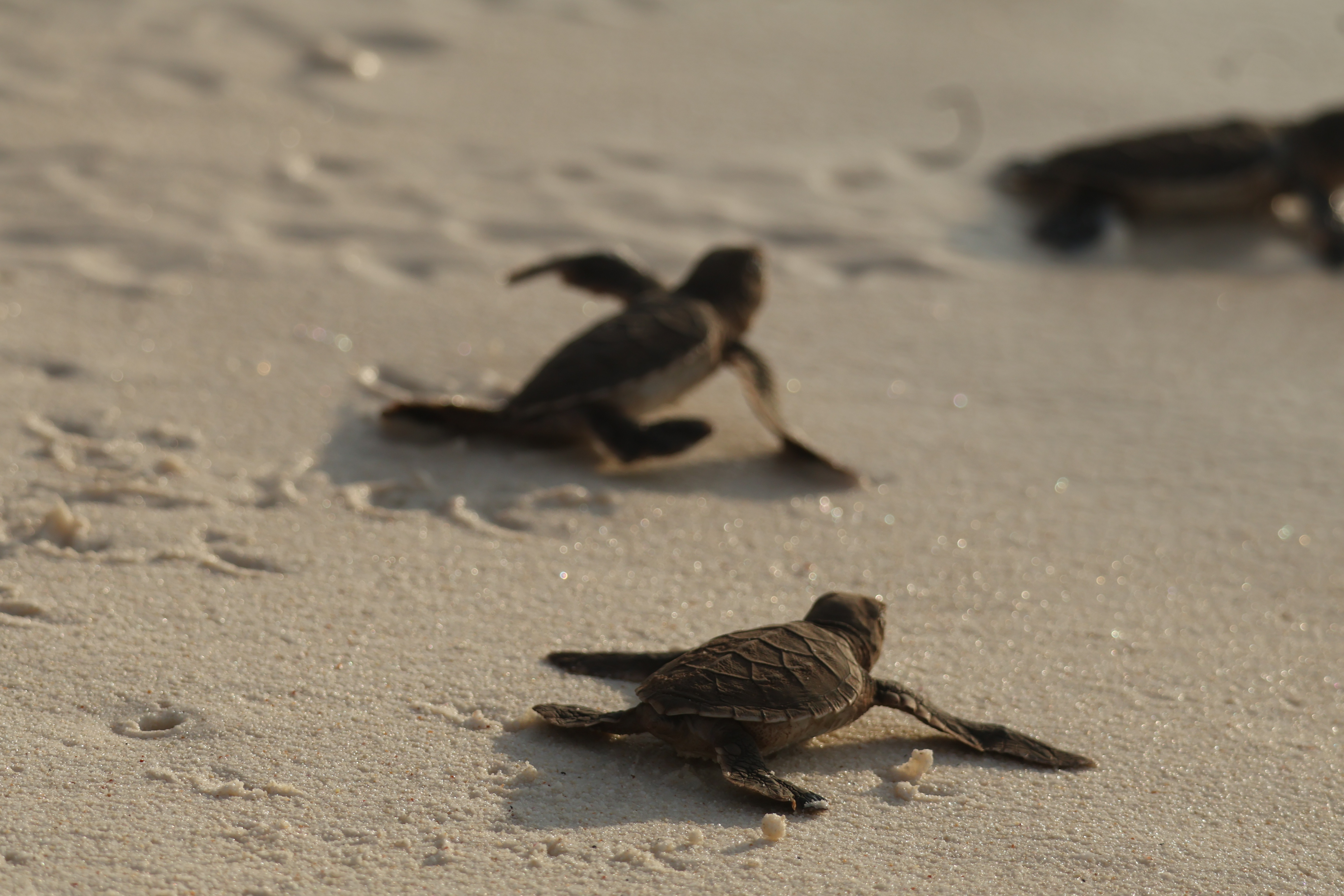
The WWF Black Rhino Range Expansion Project (WWF BRREP) reached a new milestone in August with a total of 201 Black Rhino having been released to 12 new protected areas since inception in 2003. Wildlife ACT has been assisting WWF BRREP with every relocation since the very beginning, by training new Black Rhino monitors, assisting with choosing suitable release points for each Rhino, and by fitting reliable tracking equipment to individual Rhino to be released. We support the project further with the post-release monitoring work while these Rhino settle into their new homes, some of which are already starting to show signs of setting up home ranges.
“Being involved in this incredible project is always a highlight of my year. It is a true example of a successful partnership between different organisations. It is a privilege working alongside such a professional and committed team”, says Chris Kelly, Wildlife ACT Co-founder.

This latest move has established an additional 14 000 hectare protected area for Black Rhino, through collaboration with private landowners, a community and the provincial government in the Eastern Cape, who have become joint custodians of this new group of Black Rhino. Through best practice conservation projects like WWF BRREP, Black Rhino numbers have doubled to over 5 000 since the mid-1990's. Approximately 2 000 Black Rhinos are now found in South Africa. Other critically endangered species which need large areas of land, such as Painted Dog, Cheetah and Vulture, will also benefit.

Black Rhino range has increased by more than 250 000 hectares in South Africa through WWF BRREP, with an increase of 49% of their range in KwaZulu-Natal. This is been made possible through the unyielding leadership and experience from Dr. Jacques Flamand, and the incredible collaboration with all stakeholders.
Learn more about our conservation work with Rhino.
Related Post: Black Rhinos Translocated as part of Leading Conservation Programme



.jpg)





